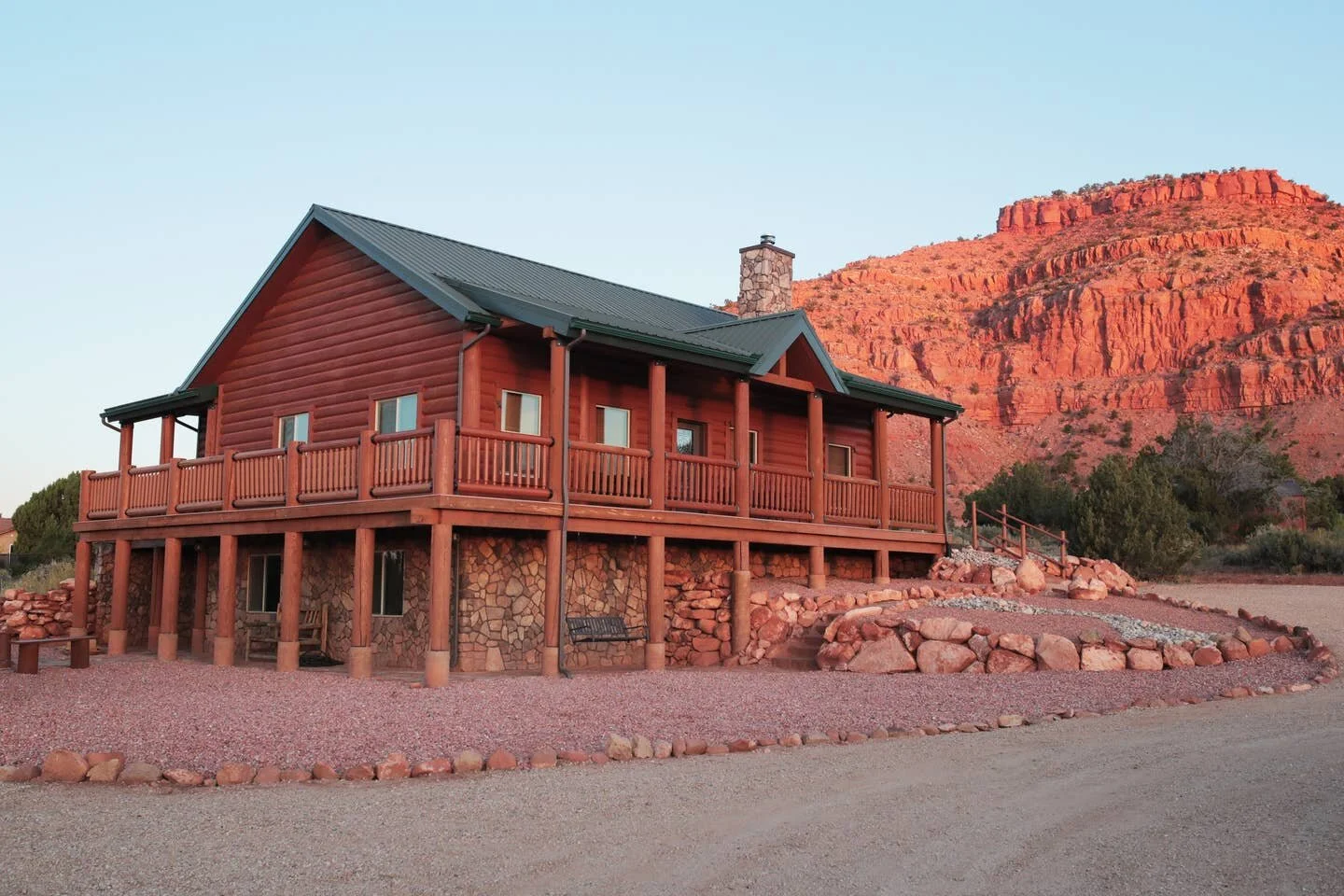By Ethan Maurice | October 26, 2016
It's nighttime in an upper-middle class suburb near downtown Denver, Colorado. Streetlights cast a warm light across the neighborhood revealing the faint orange of fall leaves on the trees and road. Quaint old brick homes built right up against each other line the streets with cars of the affluent parked bumper to bumper outside them.
Amidst these luxury vehicles, I'm sitting in the passenger seat of my cheap, old Durango, gathering up the ingredients to make a peanut butter and jelly sandwich with my headlamp. It turns out I left my backpacking spork in the back, which is essential for spreading the peanut butter and jelly, so I open the passenger side door to retrieve it. Opening the door turns on the interior lights of the car, illuminating my bed and many possessions piled up in the back.
With impeccable timing, an older, upper-middle class couple walks by just as I light up my car's interior, exposing my neighborly camping intentions as I pop out of the car to face them. Their conversation stops dead in its tracks and they both stare directly ahead, trying to not make eye contact with me as they pass. The conclusion is written on both their faces: This guy's some crazy vagrant or homeless drifter living right in our neighborhood.
Though I'm on this wondrous road trip and about to go spend Friday night out on the town with an old friend—all of which I'm quite excited about—I'm surprised to find that I'm embarrassed. A feeling of inferiority runs through me. I catch myself looking down and notice that my face feels warm.
I went on to make and eat my peanut butter and jelly sandwich and had a great night. But the experience got me thinking—not just about why I felt embarrassed, justified or not, but about our individual relationships with culture.
Culture helps us make sense of the world and provides a sort of default route to help us navigate life.
At different stages in our lives, cultural pressures push us toward certain things. The high school senior feels pressure to go to college. The college graduate feels pressure to land a good job and prove that they can be successful. People in their late twenties and early thirties feel pressure to get married. I won't belabor the point: at different points along the timeline of life, we all feel the same pressure to do the same things.
I think the reason why those people got under my skin is because they identified me as the exact opposite of the cultural pressure I'm exposed to. Right now, our culture suggests that I need to land my first “real job.” I need to be making lots of money. I need to be proving myself through my first serious financial success. And, I'm not doing any of those things, at least in the way that those who see me sleeping in my cheap, old Durango in an upper-middle class suburb would recognize.
However, I've deviated from the culturally-suggested route, not because I lost my way or fell behind, but because I chose another direction. My specific route is inconsequential to the point, so we'll save that for another time—but what matters is this: the direction I head is deliberate.
What's produced by deviation from the culturally expected route is uncertainty. While many happily follow a different path deliberately chosen, society still powerfully lets us know that we're outside the cultural norm. Social warning signs (such as my encounter with this upper-middle class couple) flash at us telling us to get back on the established route.
To leave the established path for a trail yet to be blazed does come with greater uncertainty, but that uncertainty is socially amplified by others, periodically fanning small flames of doubt we all inevitably carry into a larger blaze.
Don't get me wrong, though. This default route and the cultural expectations that await us at each point along the timeline of life are a positive thing—even for those off its track. Cultural expectations keep society moving forward together and provide a route for most of us to follow. Even those who leave the default route use it as a baseline or comparison tool. However, if we as individuals decide to take a different route than the one suggested by culture, this incongruence arises. And though we may be heading the best direction for ourselves, we still receive mixed signals.
When we venture off the default path, we inevitably feel uncertainty and doubt that pressure us to return, regardless of our reasons for leaving. We must expect that pressure. It will be there and is no reason to stop. We must do our best to ignore the disorienting static of cultural pressure and come to our own conclusions for ourselves.
There is no requirement follow the default route—only pressure. Off route, culture will question, promote uncertainty, and inflate fear of the unknown, but ultimately we are all the captains of our own ships.
Nobody but you can choose the direction you sail or the treasures you choose to seek.




